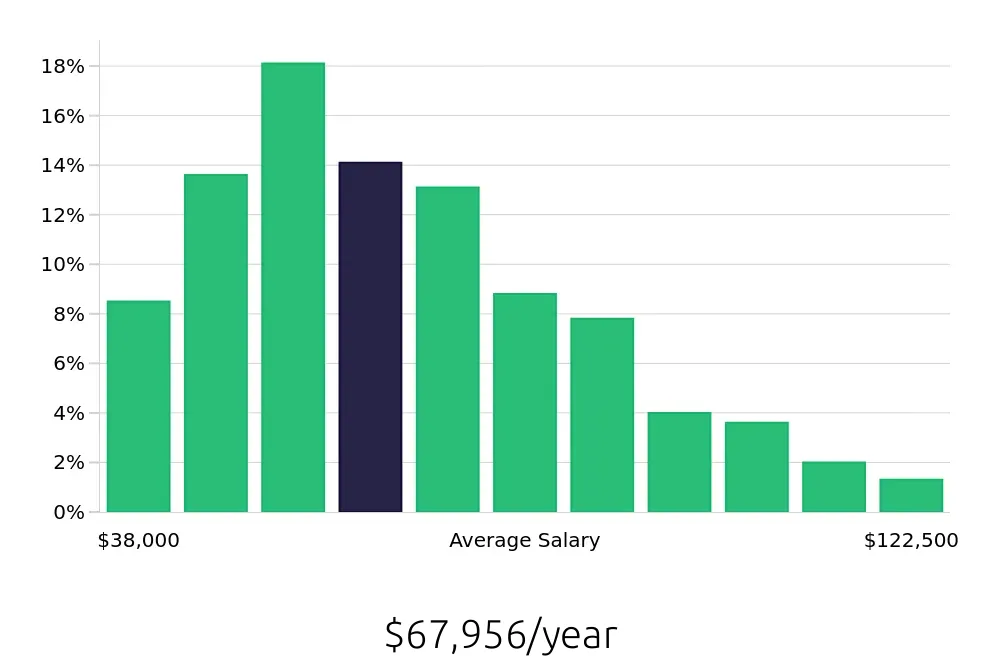Position
Overview
A Paralegal supports legal professionals by handling various administrative and research tasks. They work closely with lawyers to prepare cases, review documents, and ensure compliance with legal standards. This role involves a mix of legal research, document management, and client interaction.
Specific duties may include drafting legal documents, organizing case files, conducting interviews, and preparing for court proceedings. Paralegals often communicate with clients, explaining legal processes and gathering necessary information. Their work helps lawyers focus on more complex legal matters, making the legal process more efficient. Attention to detail and strong organizational skills are essential for this position.
Becoming a paralegal offers a rewarding career path in the legal field. This role involves supporting attorneys and ensuring that legal matters proceed smoothly. It requires a blend of legal knowledge, attention to detail, and strong organizational skills. By following these steps, one can successfully embark on a career as a paralegal.
The journey to becoming a paralegal starts with education and training. Here are the essential steps to follow:
A career as a Paralegal offers a rewarding path in the legal field. To start this journey, you need specific education and training. Most Paralegals complete a certificate or associate's degree program. These programs often take about one to two years.
Some people choose a bachelor's degree, which usually takes four years. If someone has a different bachelor's degree, they might take additional courses to become a Paralegal. After completing their education, many Paralegals gain experience through internships or entry-level jobs. This practical experience helps them learn more about the legal world and often takes about one year. With the right education and experience, Paralegals can start their careers and continue to grow in their roles.
We are seeking a skilled and detail-oriented Paralegal to join our legal team. The ideal candidate will assist attorneys in preparing legal documents, conducting legal research, and managing case files. This role requires strong organizational skills, a solid understanding of legal procedures, and the ability to work in a fast-paced environment.
Responsibilities:
Qualifications
Pursuing a career as a paralegal offers a valuable role in the legal industry. Paralegals work closely with lawyers, handling tasks that include researching legal issues, drafting documents, and assisting with case preparations. This profession provides a clear pathway to gain insight into the legal field, often with a more accessible entry point than becoming a lawyer. It allows individuals to contribute significantly to legal proceedings while supporting attorneys in various capacities.
The job offers a mix of challenges and rewards. It can lead to satisfying work that involves active problem-solving and detailed work. However, the role may also have some drawbacks. Paralegals often face a demanding workload, especially during critical periods like trials or case deadlines. The job demands high attention to detail and strong organizational skills. Despite these challenges, the career path of a paralegal can be both enriching and professionally rewarding.
The job outlook for Paralegals is promising, with an average of 38,000 job positions available each year. This consistent demand indicates a stable career path for those entering the field. The Bureau of Labor Statistics (BLS) projects a 4.2% increase in job openings from 2022 to 2032, highlighting potential growth and opportunities for Paralegals.
Paralegals can expect to earn a competitive salary, with the average national annual compensation standing at $66,460. This figure reflects the value that legal teams place on skilled Paralegals who handle important research, document preparation, and administrative tasks. Additionally, the average national hourly compensation is $31.95, making it an attractive career option for job seekers.
For those considering a career as a Paralegal, these statistics show a positive and growing job market. With steady employment opportunities and a solid salary, Paralegals play a crucial role in the legal industry. Job seekers can look forward to a stable and rewarding career in this field.
